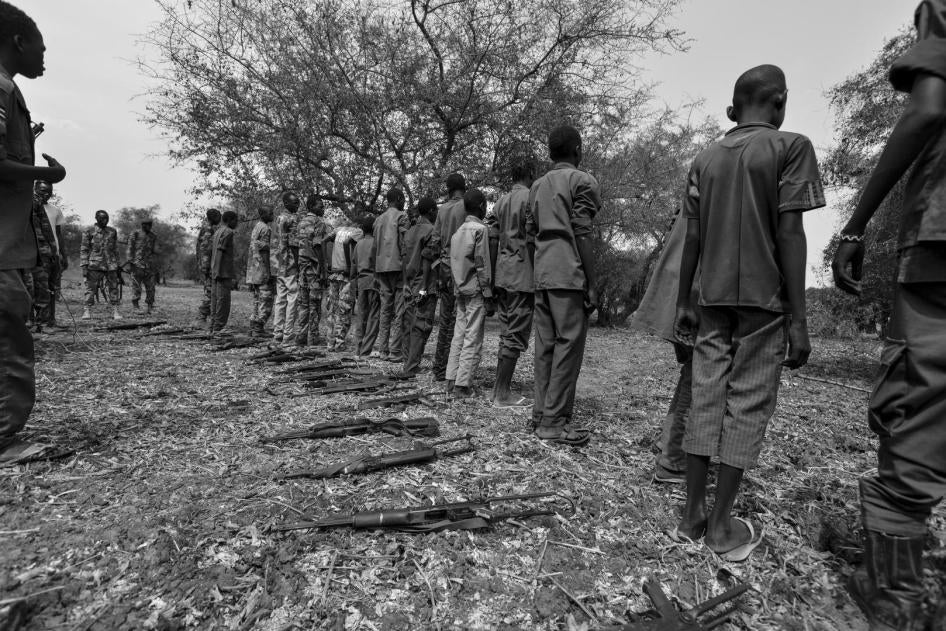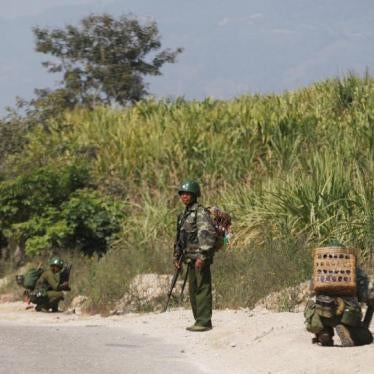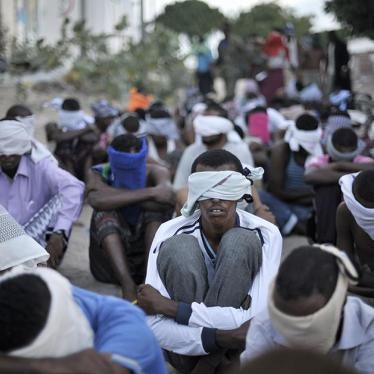I held my breath yesterday, waiting for the US State Department to issue its latest annual list of governments implicated in the use of child soldiers. Last year’s list was a disaster: then-Secretary of State Rex Tillerson overruled his own staff and left blatant violators – Afghanistan, Burma, and Iraq – off the list.
The new list was a relief. It restores Burma and Iraq to the list, acknowledging continued recruitment of child soldiers by government forces in both countries. The United Nations investigated nearly 150 cases of children recruited by government forces in Burma last year, often using force or coercion. In Iraq, the Popular Mobilization Forces, which operate under the Iraqi armed forces, continued to recruit children.
Niger and Iran were added to the list for the first time this year. The Niger government provides support for a self-defense group known for using child soldiers, while in Iran, government forces have recruited Afghan refugees, including children, to fight in Syria (as Human Rights Watch documented last year, in part by reviewing the ages on tombstones where Iran buried combatants killed in Syria).
Sudan was the only country to be removed from the list this year. Neither the US nor the UN have verified any cases of child recruitment by Sudanese government forces since 2015.
The list of countries included this year comprises Burma, Democratic Republic of Congo, Iran, Iraq, Mali, Niger, Nigeria, Somalia, South Sudan, Syria, and Yemen.
The one disappointment is the continued absence of Afghanistan. The report accompanying the list documents continued use of child soldiers by the Afghan National Police and the Afghan Local Police, a network of local defense forces. In previous years, State Department officials have claimed these forces are not covered by the US law that governs the list, even though they engage in combat operations against the Taliban.
Why is this list so important? Under the 2008 Child Soldiers Prevention Act, listed governments are not eligible for certain forms of US military assistance unless they receive a waiver from the president. In the past, this law has influenced governments such as Chad, the Democratic Republic of Congo, and Rwanda to curb child recruitment.
An accurate list of perpetrators is the first step in applying the law. This year’s list isn’t perfect, but it’s a big improvement over last year’s.










